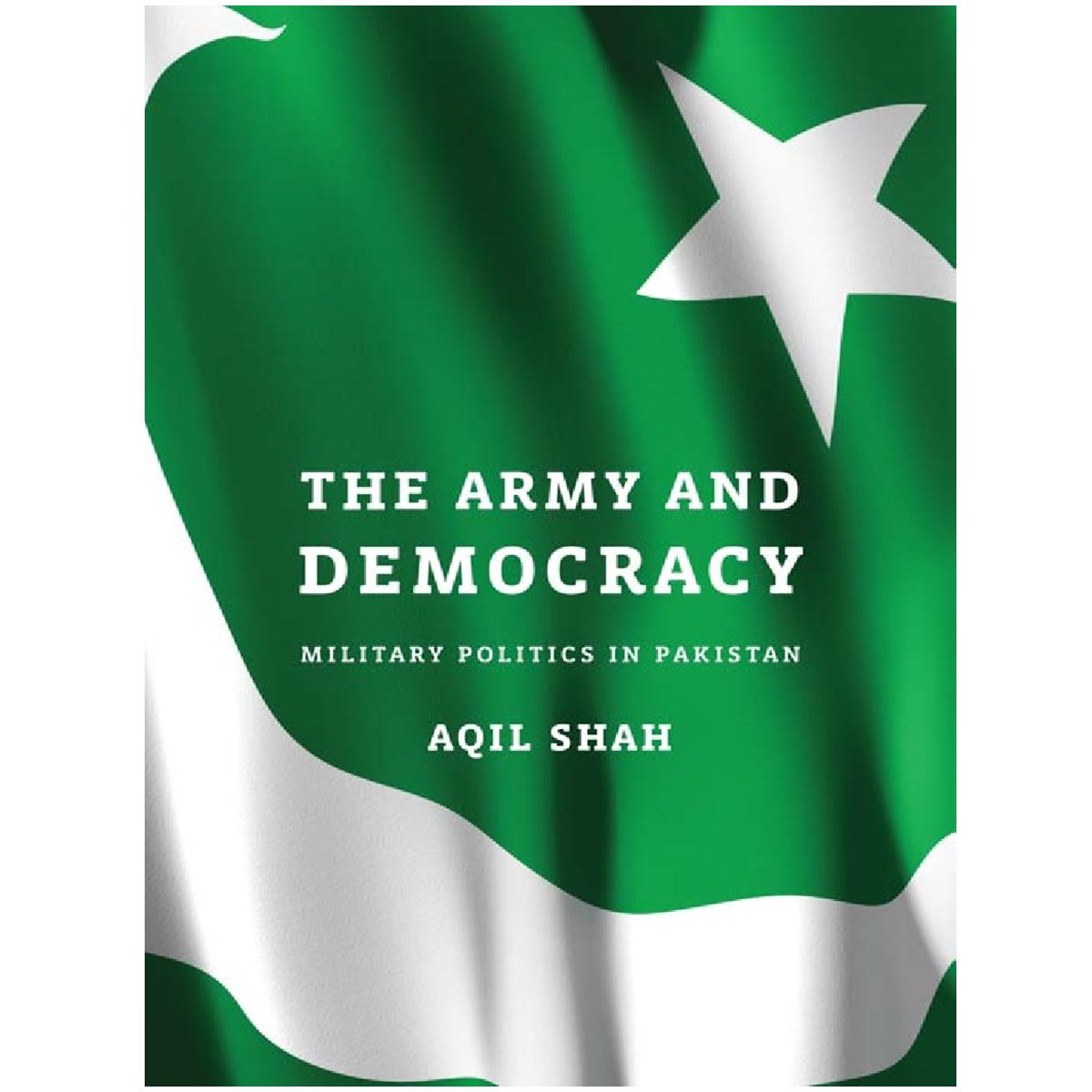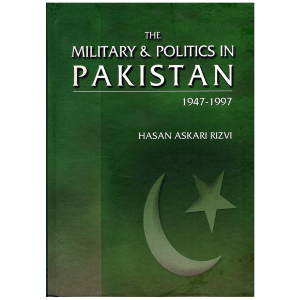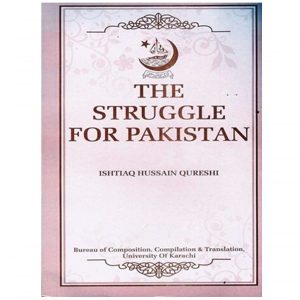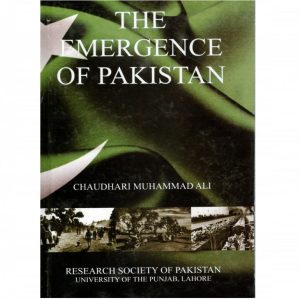Description
“The Army and Democracy: Military Politics in Pakistan” by Aqeel Shah is a comprehensive and insightful exploration of the complex relationship between the military and democracy in Pakistan. In this thought-provoking book, Shah delves deep into the historical, political, and sociocultural dynamics that have shaped Pakistan's military politics, offering a rich analysis of the country's turbulent past and its impact on present-day governance.
With meticulous research and a nuanced understanding of the subject matter, Shah sheds light on the pivotal role played by the military in shaping Pakistan's political landscape. He traces the roots of military influence back to the country's inception and examines how it has evolved over time, from military coups to indirect control over civilian governments. Through a series of case studies and interviews, Shah provides valuable insights into the motivations, power dynamics, and decision-making processes of Pakistan's military establishment.
One of the key strengths of Shah's work is his ability to contextualize Pakistan's military politics within broader theoretical frameworks, drawing upon comparative politics and civil-military relations. He explores the factors that have contributed to the military's dominance in certain periods and analyzes the challenges faced by democratic institutions in asserting their authority.
Moreover, Shah delves into the implications of military involvement in politics for Pakistan's society, economy, and foreign relations. He examines the impact of military rule on civil liberties, human rights, and the functioning of democratic institutions. Additionally, he explores the consequences of military-driven policies on economic development, regional security dynamics, and Pakistan's international standing.
“The Army and Democracy” is a significant contribution to the literature on civil-military relations and Pakistani politics. It serves as a valuable resource for scholars, policymakers, and anyone interested in understanding the intricate interplay between the military and democracy in Pakistan. Shah's comprehensive analysis, backed by meticulous research, offers a fresh perspective on the challenges faced by democratic governance in the country and provides important insights for the future trajectory of Pakistan's political landscape.
By illuminating the complexities of military politics, Shah's book encourages critical reflection and stimulates meaningful dialogue on the path toward a more inclusive and resilient democratic system in Pakistan.









